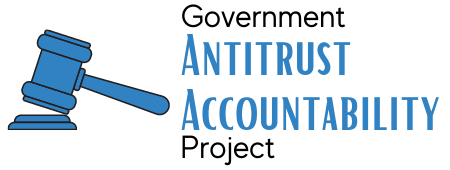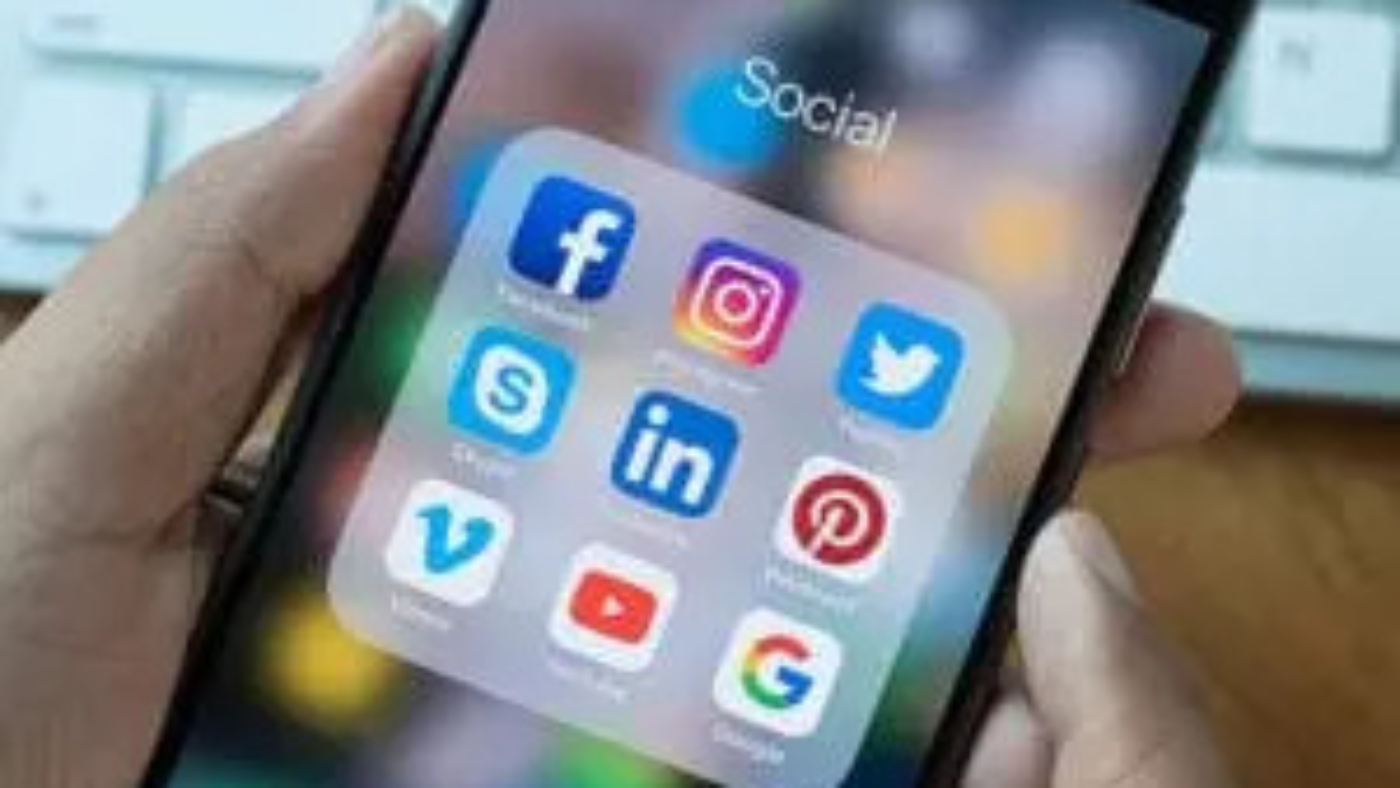This piece was originally published in The Center Square on February 1, 2021.
Like many, Cindy Bielik had to make adjustments to her small family business quickly when the COVID-19 pandemic hit. Facebook gave them the tools to adjust to the new COVID world.
Bielik co-owns The Dinner Club, a meal preparation service in La Grange Park, Illinois, with her sister Joyce Clarkson. Even though the two started the business 15 years ago, they had perhaps never faced quite a challenge (and perhaps, opportunity) when the stay-at-home orders began to be handed down by governments in March.
The sisters grew up together in a home with regular home-cooked meals, but realized that in today’s society it’s becoming harder and harder for families to take the time to plan, shop and prepare daily meals. The two started The Dinner Club to help eliminate the frustration of planning and preparing meals. They hoped this new service would allow more time for families to spend quality time together at the dinner table.
The business offers customers the choice of more than a dozen dinners at a cost of about $4 per serving, pointing out the price is often less than fast food yet certainly more nutritious. The Dinner Club prepares the ingredients and customers take the food home to immediately cook or to freeze and cook later.
“It’s basically a homemade dinner without the shopping and chopping,” Bielik told the Taxpayers Protection Alliance (TPA).
Prior to the pandemic, The Dinner Club hosted outings where groups could come and prep meals together at the business, perhaps while also enjoying a beer or glass of wine. These sessions of assembling meals in the kitchen not only provided fun options for customers, but helped market the business through word of mouth. Customers enjoyed their time at The Dinner Club and told their friends.
Restrictions imposed after the spread of COVID-19 put a temporary end to that. The Dinner Club now offers pickup and delivery. They did lose one crucial part of their marketing kit when customers could no longer hang out inside.
But Bielik turned to Facebook and Instagram to help fill in the gaps. While she always used those social media platforms to help market The Dinner Club to some degree, she amped up usage during the pandemic. That includes both buying more advertising and interacting with local people in community group pages.
“We get a lot of traction with people talking about us on the community pages on Facebook, suggesting us to their friends,” she noted.Bielik likes that Facebook offers several different avenues for targeted advertising. Because she is the principal marketer for The Dinner Club she’s trying “different things to see what gets the most traction” to increase business without needing to hire more people.
While government regulators claim Facebook is a monopoly, in part because it purchased Instagram (despite a world in which competitors like Twitter, Parler, Snapchat and their ilk exist), the company’s ownership of Instagram has made life easier for Bielik. She told TPA that she can create advertising on Facebook and easily share it on Instagram, and the interface is user-friendly, saving her a lot of time. She notes that the two platforms represent different audiences, with Instagram skewing younger, providing her multiple ways to target her marketing efforts.
“I think’s it’s worth it and useful to do both,” she said.
While the pandemic has made it harder to physically interact with customers, Bielik has found that virtual interaction has increased. She points out that when people ask her questions on Facebook, a notification pops up on her phone and she can respond immediately.
“It gives them more ways to engage with us,” she said.
The Dinner Club’s customer base has increased, not only because the service it offers provides an avenue for people to fix home-cooked meals without spending long durations in grocery stores during the pandemic, but also because of the marketing efforts on Facebook. Bielik said she can tell from the emails and comments she receives that more customers are finding the business through the social media portal.
To that end, she plans to continue the boosted marketing on Facebook and Instagram after herd immunity from COVID-19 is achieved through the vaccine and society returns to normalcy.
“We’ve acquired a lot of new customers who are used to it now,” she said.
Johnny Kampis is a senior fellow and investigative reporter for the Taxpayers Protection Alliance.


Add a Comment